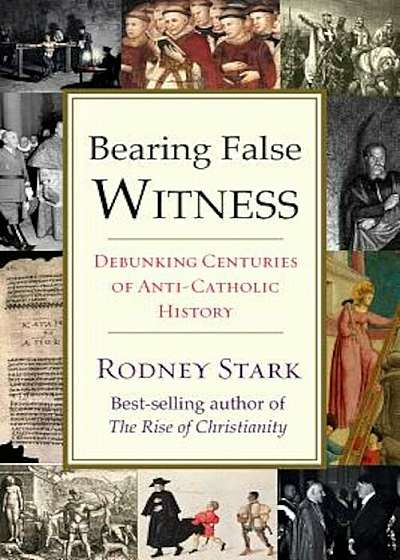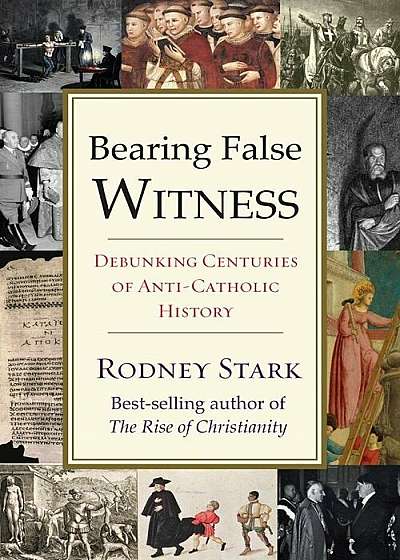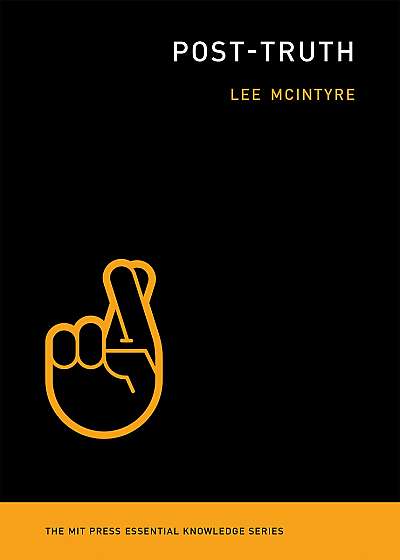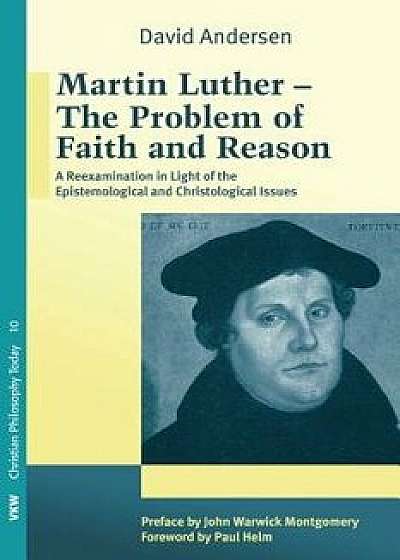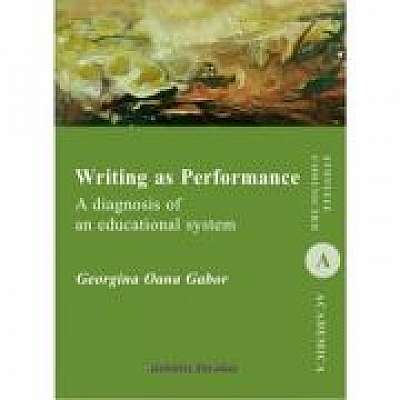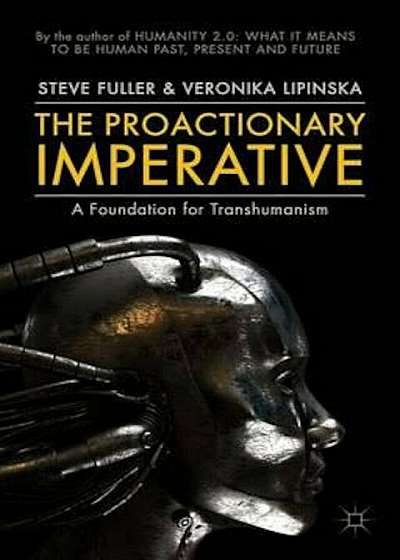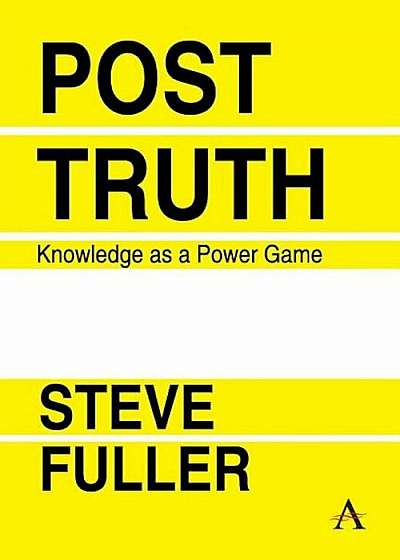
Post-Truth: Knowledge as a Power Game, Paperback
Descriere
'Post-Truth' was Oxford Dictionary's 2016 word of the year. While the term was coined by its disparagers, especially in light of the Brexit and US Presidential campaigns, the roots of post-truth lie deep in the history of Western social and political theory. This book reaches back to Plato, ranges across theology and philosophy, and focuses on the Machiavellian tradition in classical sociology. The key figure here is Vilfredo Pareto, who offered the original modern account of post-truth in terms of the 'circulation of elites', whereby 'lions' and 'foxes' vie for power by accusing each other of illegitimacy, based on allegations of speaking falsely either about what they have done (lions) or what they will do (foxes). The defining feature of 'post-truth' is a strong distinction between appearance and reality which is never quite resolved, which means that the strongest appearance ends up passing for reality. The only question is whether more is gained by rapid changes in appearance (foxes) or by stabilizing one such appearance (lions). This book plays out what all this means for both politics and science. Post-truth should be seen as largely a continuation of the last forty years of postmodernism, especially in its deconstructive guise. Both postmodernism and post-truth publicly display a strong anti-authoritarian, democratic streak. Yet it is also a legacy rooted in Plato, who acknowledged an eternal power struggle - done in the name of 'truth' - between those who uphold adherence to the past and those who uphold openness to the future. Later, Machiavelli, and still later Vilfredo Pareto, described these two positions as 'lions' and 'foxes', respectively. Moreover, there has always been concern that if the struggle between the lions and foxes is made public, the social fabric will disintegrate altogether, as happened to Athens in Plato's day. The ancient and medieval support for a 'double truth' doctrine (i. e. one for the elites and one for the masses), as carried o
